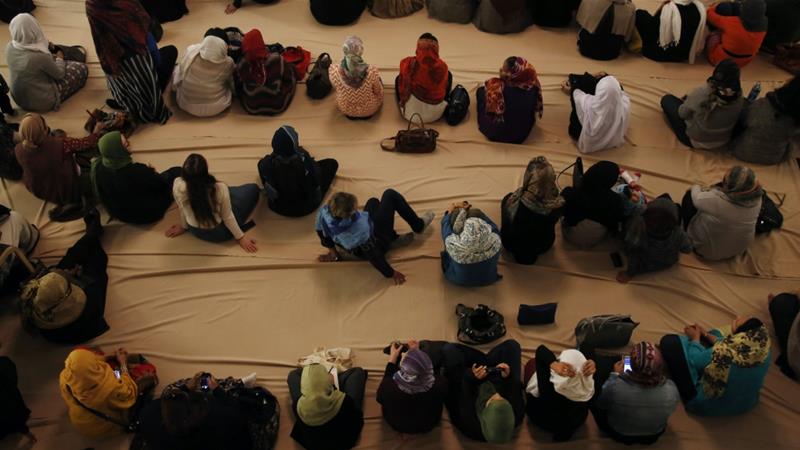NAILAH DEAN

In an attempt to escape the quarantine daze, I started watching Netflix’s new reality series, Indian Matchmaking, about the often-misunderstood world of arranged marriage.
The show follows a passionate, mother-knows-best “rishta” matchmaker, who helps wealthy Indian families in Mumbai and the United States find their children the perfect spouse. At first, I really enjoyed watching 20- and 30-somethings search for love and marriage in this traditional manner. My friends and I laughed at snobby Aparna, cringed at the scenes with “mama’s boy” Akshay, and cried when sweet Nadia’s second suitor turned out to be an unapologetic “bro”.
By the end of the eight-episode series, however, I felt nauseous. Unlike some of my white friends who watched on carefree, I was disturbed by the obvious displays of classism, ethnocentrism, and colourism in the show.
Throughout the show, I could not help but notice how these “isms” guided the matchmaker as she tried to find “suitable” potential spouses for her clients. In addition to searching for those with distinguished careers, and a slim body type, she was always on the hunt for “fair” spouses. I was left with a bad taste in my mouth as the show closed with a bubbly Indian-American woman casually saying she is looking for a husband who is not “too dark”.
The Netflix series glossed over this uglier side of matchmaking, but as a Black American Muslim woman who has previously been rejected by potential suitors based solely on race and ethnicity, I cannot look past it.
For the last four years or so, I have been knee-deep in the Muslim dating world, dealing with all those aforementioned “isms”. (And when I say dating, I mean dating-to-marry, because as an observant Muslim, I only pursue romantic relationships with one goal in mind: marriage). I encounter the same annoyances found within Western dating culture (Muslim women too get ghosted, mosted, and harassed), but due to cultural baggage that is often conflated with Islamic tradition, I am more likely to come head-to-head with sexism, ageism, and racism. The last one of which I suffer from the most.
Al Jazeera for more
